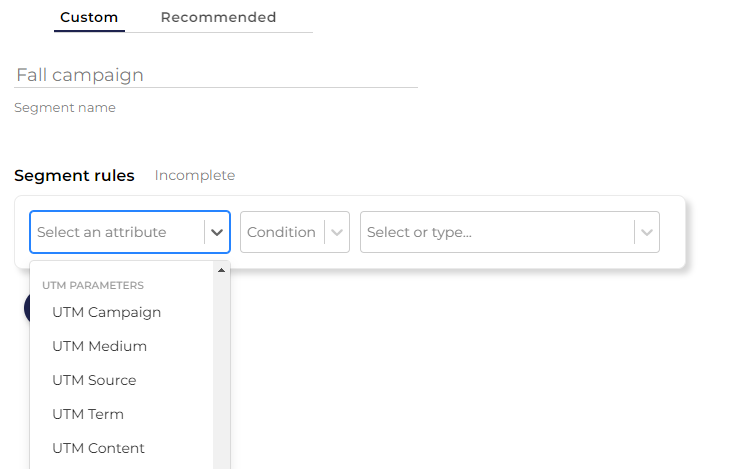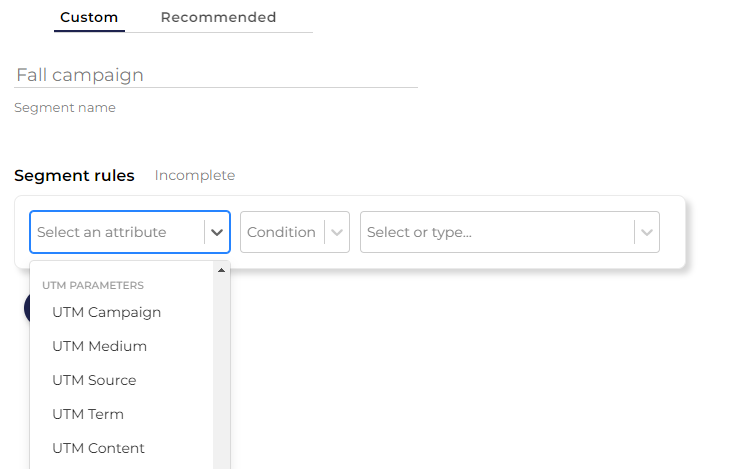What are UTM parameters? UTM parameters (short for Urchin Tracking Module) were originally developed to track marketing campaigns across different websites. Today, UTM parameters are added to different ad campaigns to attribute traffic to the source that originated it. Try out this UTM Link Builder tool.
Insert your website URL and your UTM parameters to create the full link.
5 UTM parameters to track website traffic
There are 5 UTM tags that are the most commonly accepted:
UTM campaign (utm_campaign): The name of your campaign. Could be anything you call it internally.
UTM source (utm_source): The source of your traffic. Could be a specific website (such as markettailor), social media (linkedin), app, or any other source.
UTM medium (utm_medium): Marketing medium formats like social, SEM, or website.
UTM term (utm_term): Any important keyword. In paid ads, it could be your target keyword. On other websites, it can be related to the topic of a blog post, eg. when you write a guest post.
UTM content (utm_content): To distinguish between different content such as articles.
UTM parameters are simply query strings which is a term used in software development. Therefore you can also write your own parameters and they don't have to start with the word "utm_". This is why there are extra fields in the UTM link builder. Test it out to see how to add any parameter to your link.
Typically, the UTM parameters are added to ad campaign platforms such as Google Ads and Linkedin Ads to identify what campaign drove traffic to your landing page or website.
How to use UTM parameters for website personalization
You can use UTM parameters inside AbmaticAito segment visitors and show them a different website experience if they match the UTM tag. It's a great way to align your ads with your website if you're using different keywords in your campaign and website.

You can also personalize your website even if the same user comes back a week later from a different channel and doesn't have the same UTM parameters in the URL anymore. It's important to highlight the same keywords in the rest of your website than what previously made them take action about your ad. This boosts conversion rates and engagement by up to 50-200%.
You can use UTM parameters to personalize your website based on the same keywords you used in your ad. Personalize the rest of your website when the user doesn't convert immediately but returns a week later.
You can also use query strings (it doesn't have to be a UTM parameter) to create a personalized URL for each of your customers to provide a 1 to 1 personalized experience.
Related personalization playbooks
How to personalize your website based on marketing channel.
How to personalize your website based on campaign keyword



